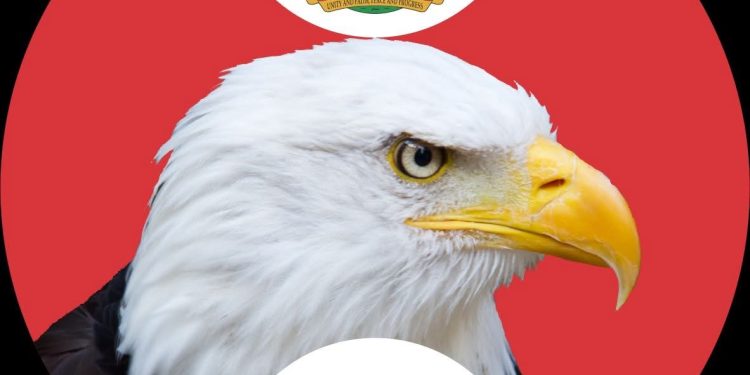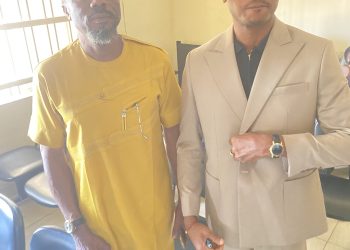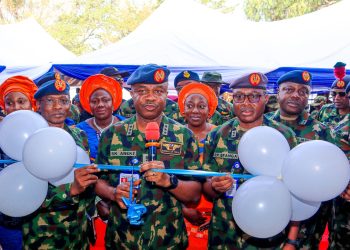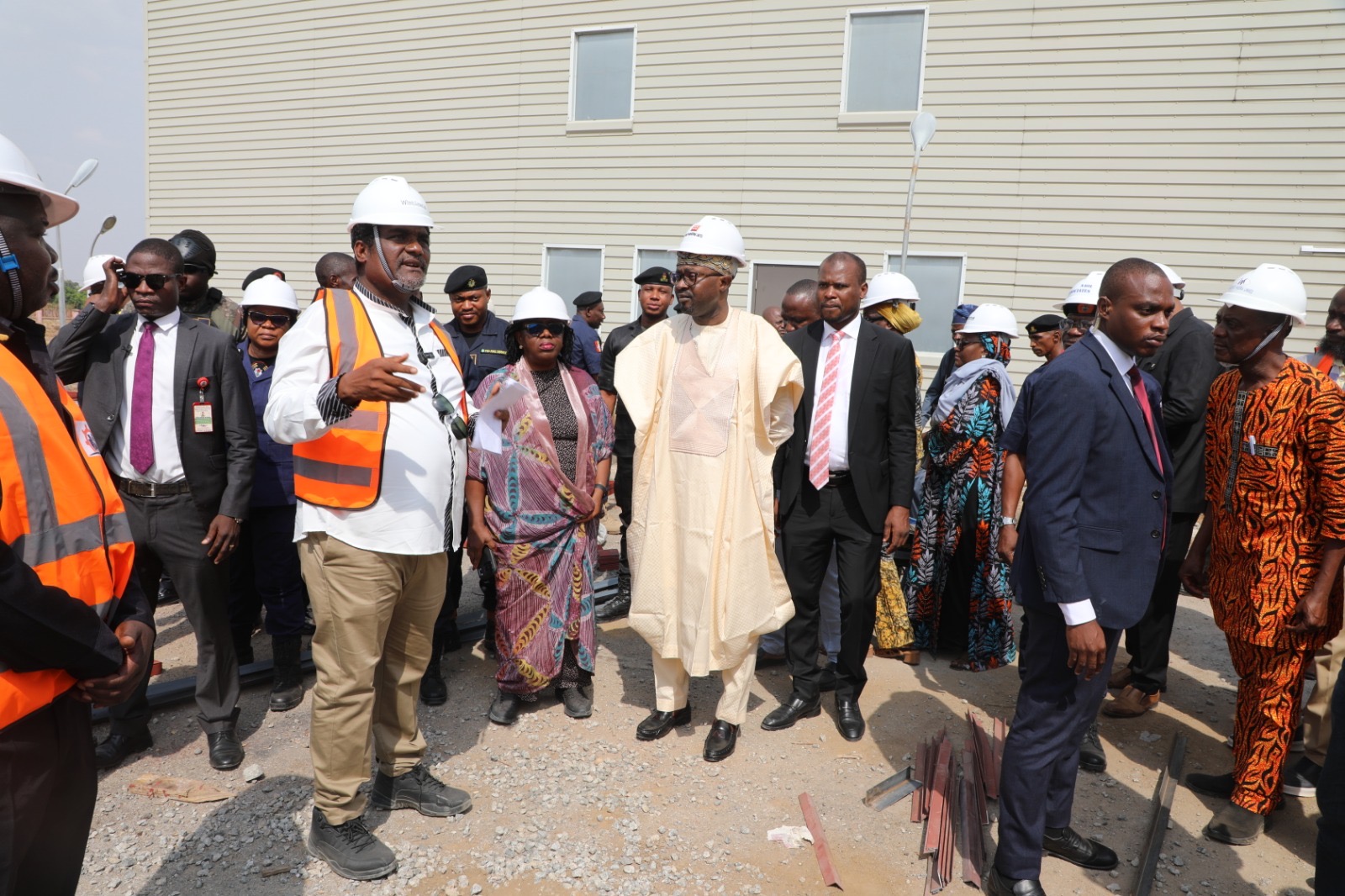By Nkechi Eze
A prosecution witness in the ongoing ₦27 billion fraud trial against former Taraba State Governor, Darius Dickson Ishaku, has told the Federal Capital Territory High Court in Maitama, Abuja, that the ex-governor advised him to go into hiding to avoid being questioned by the Economic and Financial Crimes Commission (EFCC).
In a official signed statement by the commission’s spokesperson Dele Oyewale, it was disclosed that the witness, Ismail Lawal, who is the first prosecution witness (PW1) in the trial, made the revelation on Wednesday, July 2, 2025, during cross-examination before Justice S.C. Oriji. Ishaku and a former Permanent Secretary in the Bureau for Local Government and Chieftaincy Affairs, Bello Yero, are standing trial on a 15-count charge bordering on criminal breach of trust, conspiracy, and the alleged diversion of public funds amounting to ₦27 billion.
Speaking under cross-examination by Ishaku’s counsel, P.H. Ogbole, SAN, Lawal said he was planning to honour the EFCC’s invitation when Ishaku advised him to remain in hiding for six months. “I was invited to come to the EFCC and was planning to go before His Excellency asked me to stay out. When he asked me to go, I asked how long, and he said six months. But people had gone ahead of me and had given statements against me that they gave me money,” Lawal testified.
He added that the EFCC eventually arrested him while he was preparing to turn himself in. “If the EFCC asked me to come and I did not come at that time, they may suspect that I took the money,” he said.
Lawal further told the court that he was detained by the EFCC for 40 days due to his inability to meet the bail conditions. “I was given bail conditions on the second or third day. I also made statements before I was asked to bring sureties,” he said.
The witness also admitted he could not confirm whether the assignments he carried out for the former governor were lawful. “I wouldn’t have done them if I knew they were illegitimate,” he stated. He explained that he acted purely on instructions, collecting money, making deposits into specified accounts, and handing over the balance to Ishaku. “I didn’t believe he was sending me to carry out illegitimate assignments at that time,” he said.
According to Lawal, he had no knowledge of the internal communications between Ishaku and others involved in the transactions. “My own was to go where I was told to collect money, based on instructions. I wouldn’t know what the money was meant for,” he told the court.
He also clarified that the EFCC did not promise him a role as a prosecution witness during the initial stages of his interaction with the agency. “I was not informed that I would be a prosecution witness until I read it in the dailies. Then the EFCC informed me that I would be a witness,” he said. Lawal added that his statements to the EFCC were based on questions asked and documents presented to him.
Justice Oriji adjourned the matter to September 30, October 15 and 20, and November 6, 2025, for the continuation of cross-examination and trial.















